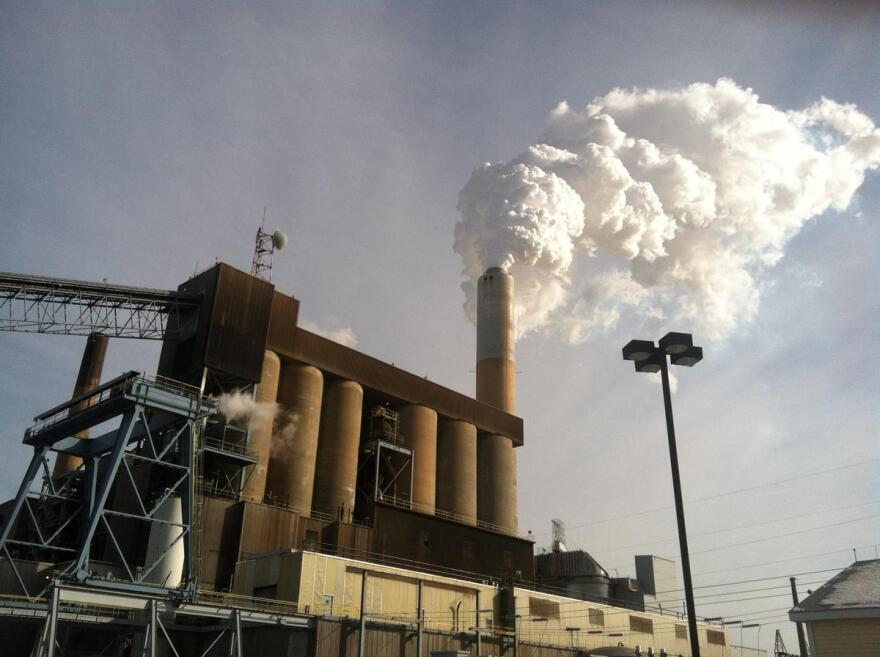Environmental groups want federal regulators to reconsider a new water discharge permit for New England’s largest coal-fired power plant – Merrimack Station in Bow.
The Environmental Protection Agency permit was issued in May after many years of delay.
It dictates how the power plant uses water from the Merrimack River – burning coal to heat the water into steam that generates electricity, before putting that hot water back into the river.
The new permit, which was set to take effect in September, does not include the EPA's previous recommendation for cooling towers to protect the local ecosystem from the hot water. They say the change was partly because the plant currently runs less often than ever.
Now, the Sierra Club and Conservation Law Foundation are asking the EPA’s appeal board to consider more controls on the hot water discharges and coal ash seepage from the plant, which was sold by Eversource to Connecticut-based Granite Shore Power in 2018.
In their petition, the groups argue the final permit “eviscerates” earlier EPA recommendations and standards, “replacing them with new, unprotective limitations—thereby perpetuating the ecological damage, without a proper legal or record basis and without allowing public comment on the significant changes.”
The plant can cycle through water by the tens or hundreds of millions of gallons a day when it's up and running several times a year. The environmental groups say it has affected the river's flow, and that the temperature of the discharged water is hurting native species and encouraging invasive ones.
New England now gets less of its power than ever from coal, but activists still argue any burning of fossil fuels -- subsidized in part by ratepayers -- is too much given the urgency of the climate crisis. They've raised concerns about air pollution around the plant, and been arrested protesting at the facility.








